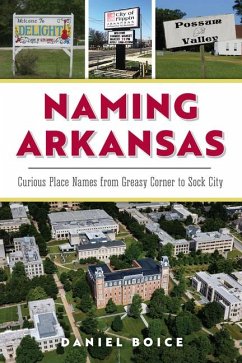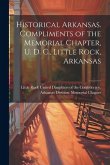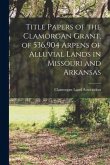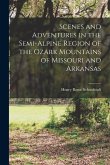The History Behind the Names The place names of Arkansas reflect four centuries of settlement and human response to the state's unique geography. Each new group of settlers brought their own rich memories, heritage and hopes for a better life, all of which manifested in the names of the places they encountered and the towns that grew. Merchants and businessmen (and women), especially railroad officials, eagerly attached their own names to the new stations and towns that sprang up in the late nineteenth century, while bureaucratic bumbles and confused legends led to unique names. And all the while, irrepressible humor combined with local patois to generate names like Greasy Corner, Oil Trough, Pig Eye, and Smackover. Arkansas place names provide a rich treasury for residents and visitors seeking to better know the history and popular culture of the Bear State.
Hinweis: Dieser Artikel kann nur an eine deutsche Lieferadresse ausgeliefert werden.
Hinweis: Dieser Artikel kann nur an eine deutsche Lieferadresse ausgeliefert werden.








